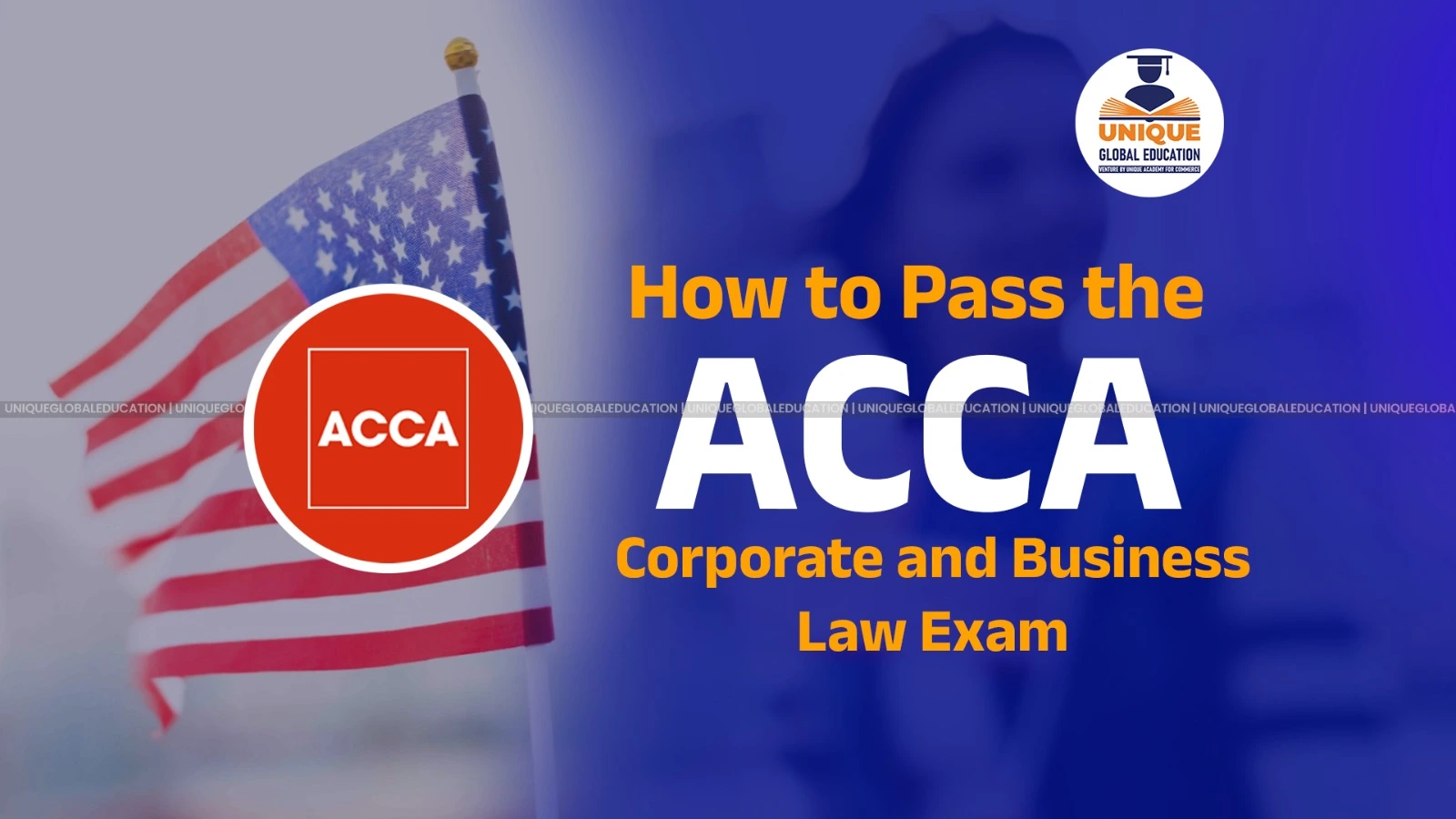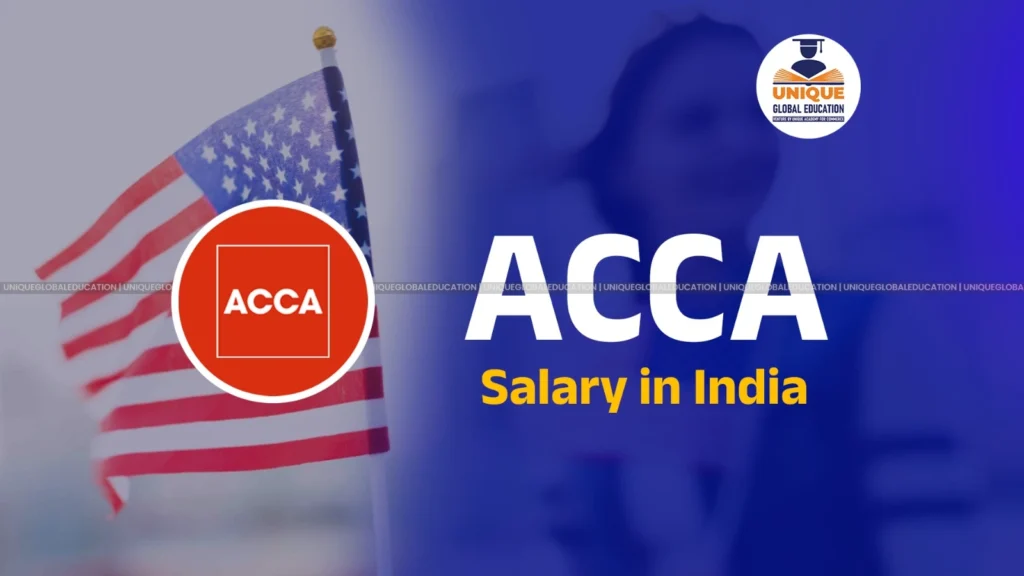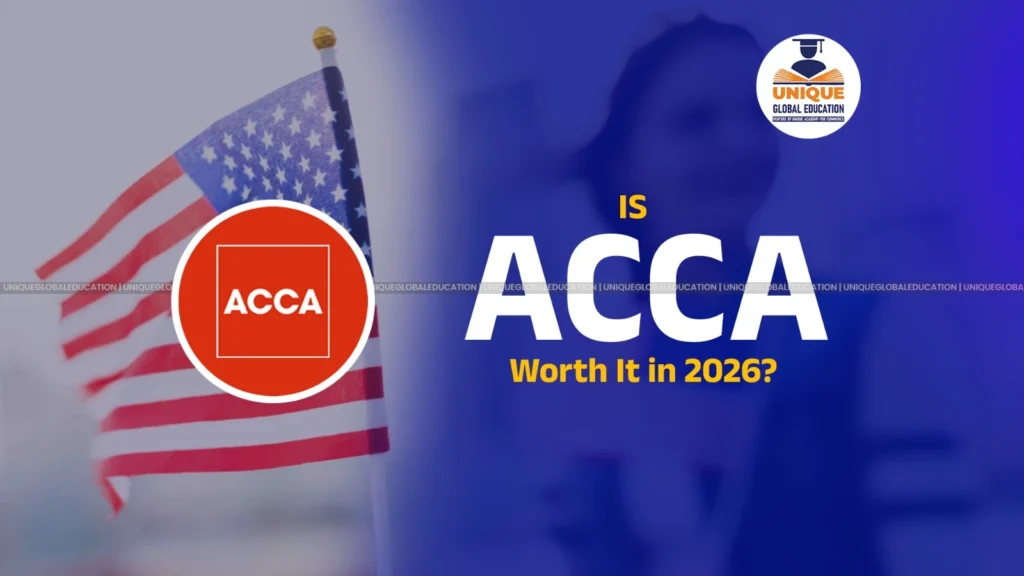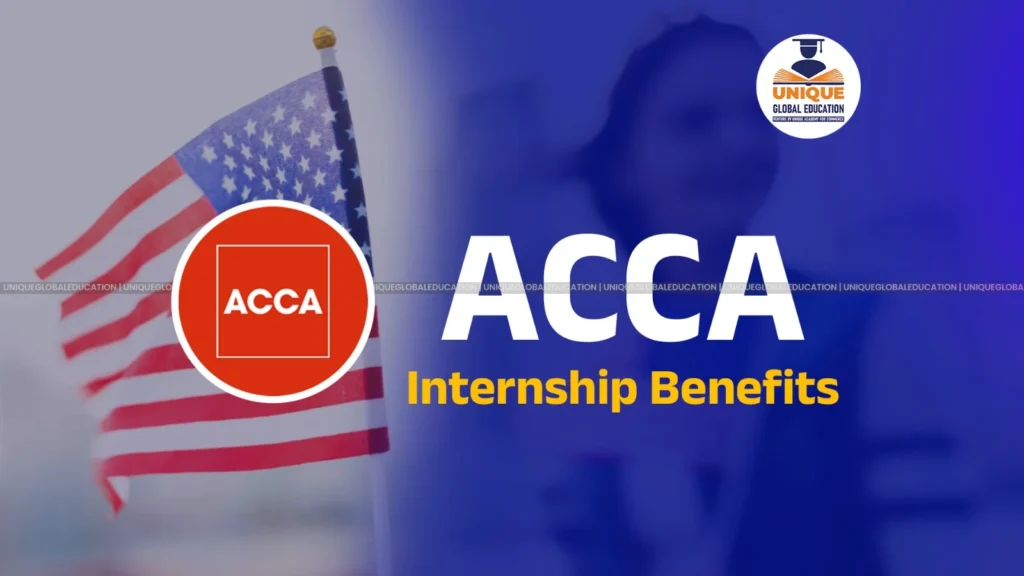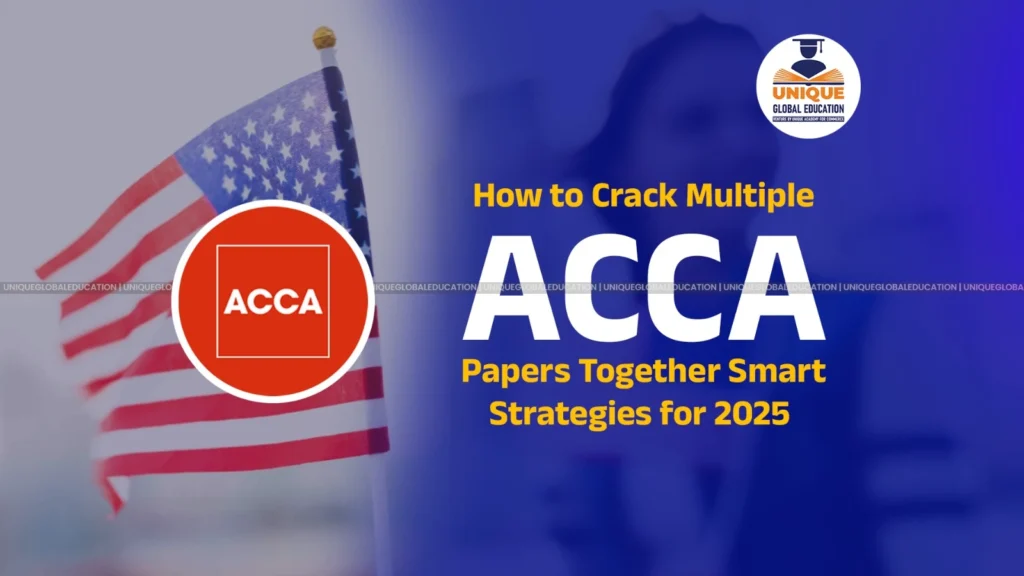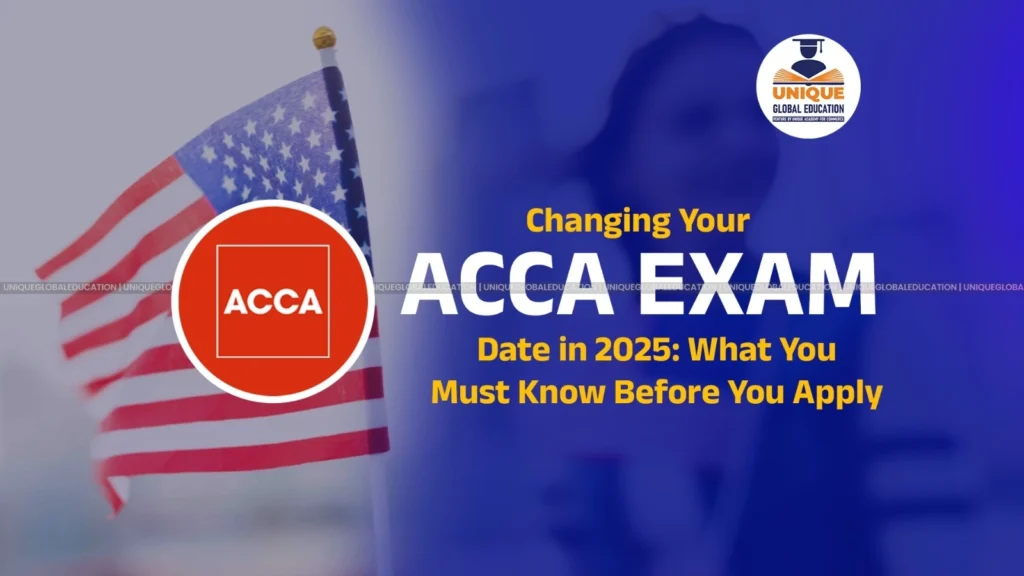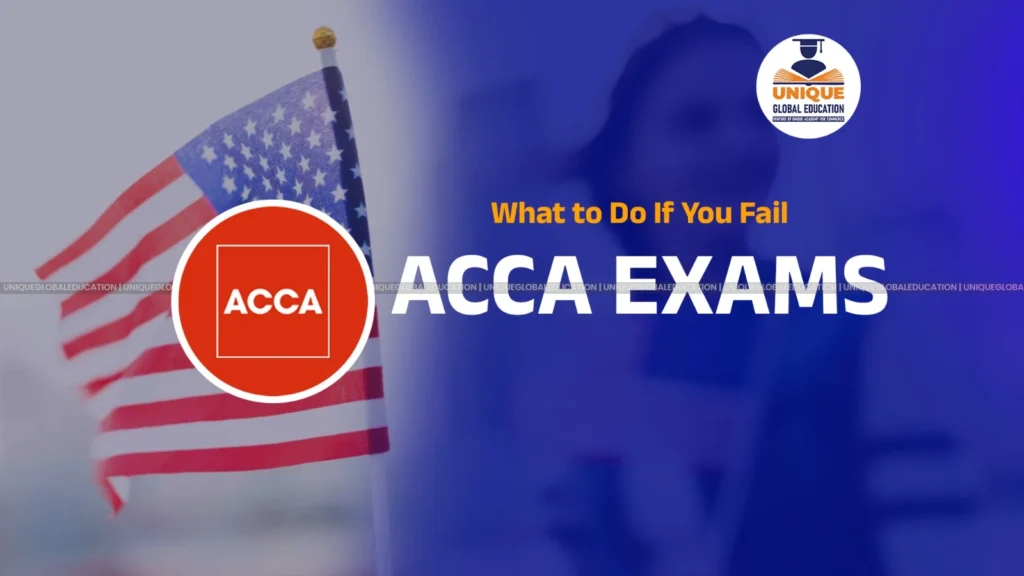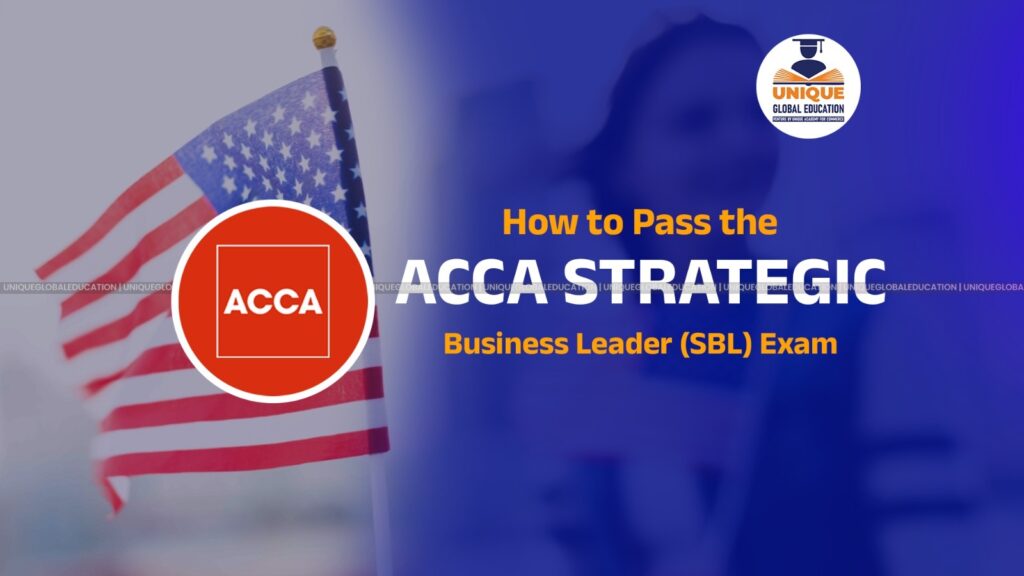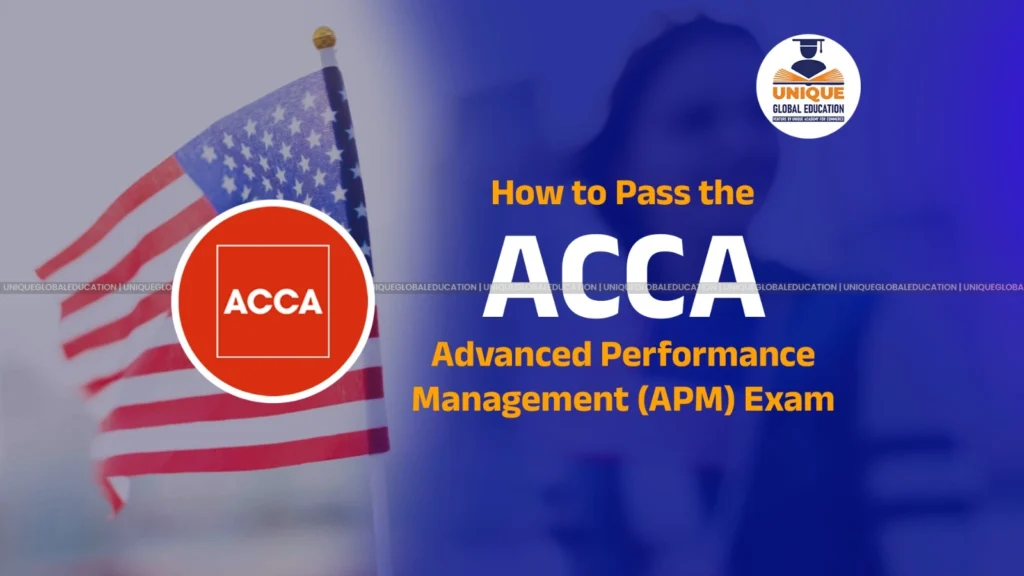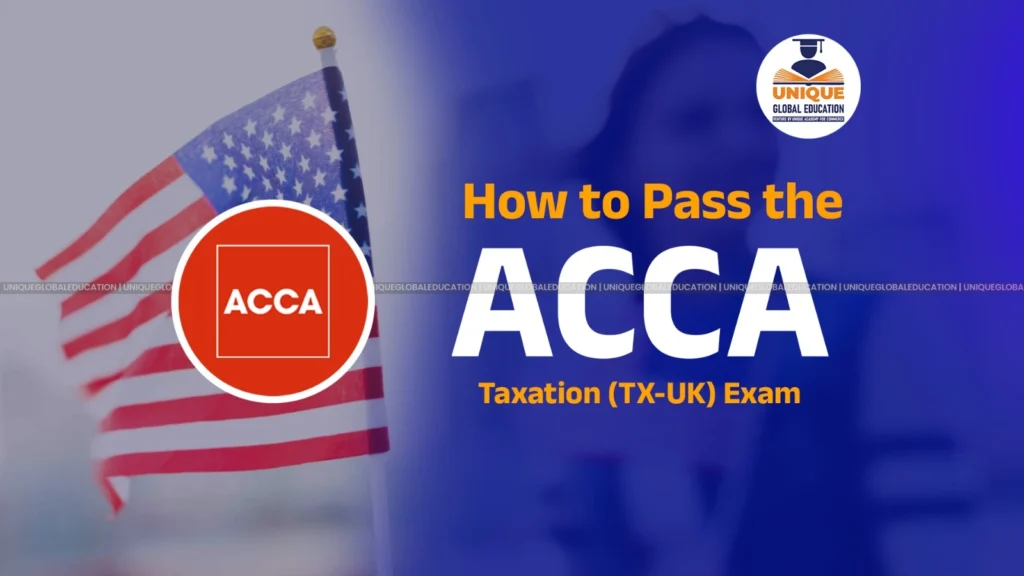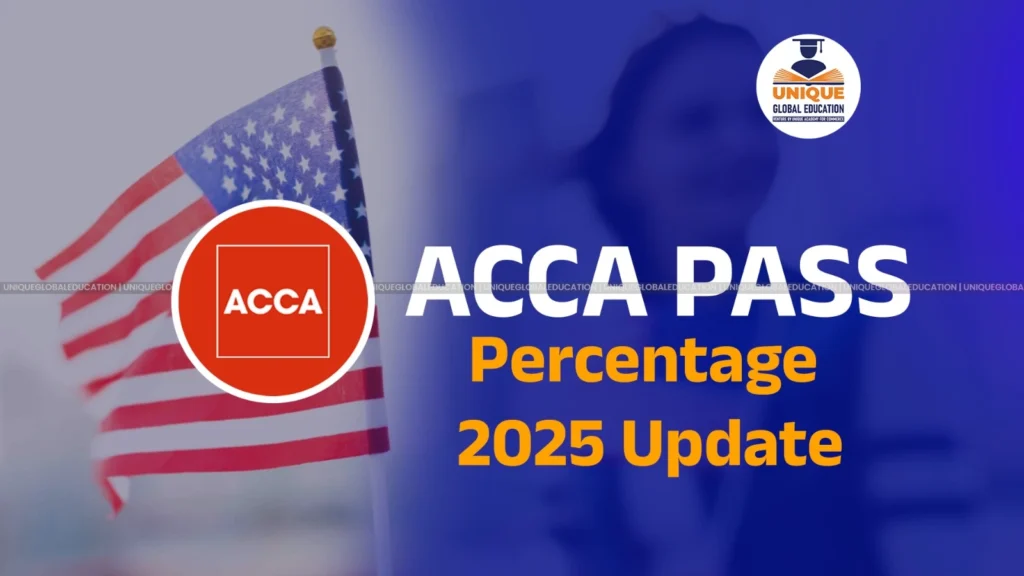Top Strategies for Success in the ACCA LW Exam
ACCA LW Corporate and Business Law combines corporate and business law advising, covering key topics so that you can learn the material & pass the exam. It is designed to provide students with an understanding of fundamental legal concepts that impact business, corporation and professional practice. Although it’s relatively light on calculations compared to some other ACCA subjects, LW is demanding and requires a clear understanding of legal principles, case law, as well as analytical skills.
By memorizing laws I personally consider this law stuff — all you young people listening Pay Attention — by memorizing these laws, it’s not so much knowing the decibels, I think that’s how loud a motorcycle could be or someone could mow their lawn in your neighbourhood but it might be 85%. In this blog, we’ll take a detailed look at everything you need to know to ensure that you can confidently pass the ACCA LW exam – including what’s covered in the syllabus, how best to study for it and some handy tips on picking up every last mark.
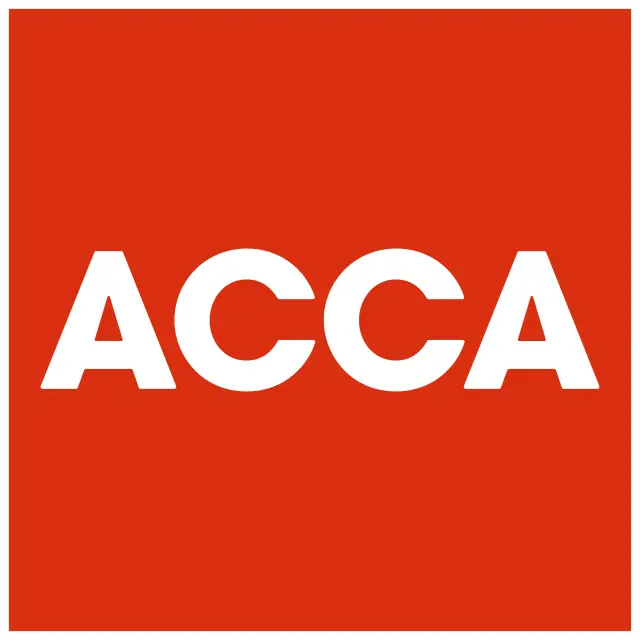
Table of Contents
1. Understanding the ACCA Corporate and Business Law (LW) Exam
The Corporate and Business Law (LW) paper examines your understanding of the structure of the legal system as it applies to businesses. The specifics may vary a bit, depending on whether you picked the English or Global version (or even which other one) but principles remain the same.
Exam Format:
- Exam Duration: 2 hours
- Mode: Computer-based exam (CBE)
- Total Marks: 100
- Passing Marks: 50%
- Question Types:
- 15Objective Test Questions (OTQs) – multiple-choice, multiple-response & fill-in-the-blank.
- MTQ Type (MTT) – Questions which require the application of legal principles in a situation-based fact pattern.
The exam is targeting knowledge and understanding, so you need to know theory as well as its practical application.
2. Key Areas of the Syllabus
The curriculum is separated into two general modules:
A. Business Law (General Principles)
- Foundations of the legal system-the nature and sources of law, court organization and procedure.
- Contract – offer, acceptance, consideration and intention to create legal relations.
- Contracts: the contents and terms; conditions and warranties, misrepresentation, exemption clauses.
- Contract Formation and Defects and Remedies – contracts, damages, Recission & Specific Performance.
- Tort law – negligence, duty of care and negligence liability.
B. Corporate Law (Company and Partnership Law)
- Partnership – nature, rights and liabilities of partners.
- Incorporation and constitution to these materials you would add whatever incorporation etc.
- Directors and officers — duties, powers and liability.
- Capital and company financing – share capital, loan capital, capital maintenance.
- Business insolvency and wind up – liquidation, receivership and administration.
- Corporate governance and ethics – professional standards and regulatory obligations.
- These concepts are best understood, not memorized, and doing so is a primary part of achieving a good score.
Get More Details Face to Face ACCA Classes in Pune & ACCA Online Classes
3. Top Study Strategies to Pass the ACCA LW Exam
- Understand, Don’t Memorize
Although law is heavily usages and there are a lot of definitions and case names, memorization without context is dangerous. Instead, concentrate on why a rule as passed and what it does. For example, don’t cram and memorize what makes a valid contract – you need to understand why offer, acceptance, consideration are all required.
- Study Using Scenarios
LW exam is so much scenario driven. Try applying legal principles to brief commercial scenarios. For an example, if a company director acts outside of the scope of his authority what are the legal matters to be considered? Scenario practice is a way to bridge theory and practical work.
- Make Short Notes and Flowcharts
Explain difficult concepts with ease in flowcharts and summaries. For instance, if you are learning about how a company is formed, create a visual map which displays the process from inception to opening their doors. It also aids with rapid recall in the exam using visualization.

- Practice Objective Test Questions (OTQs) Daily
The CBE format will emphasize speed and accuracy. Answer a couple of the sample MCQs each day to help with pre-call. Learn to knock out wrong answers fast by focusing on the reasoning for each answer.
- Focus on Case Law
Cases are the bricks with which legal rules are built. You won’t need to memorize all the names, but you should know the key cases that can serve as illustrations for major rules — think of Carlill v Carbolic Smoke Ball Co. (contract formation) or Salomon v Salomon & Co. Ltd (company separate legal entity).
- Practice for Mock Tests in a Timed Environment
Time management is crucial. Take Full length mock tests in a simulated exam environment. Analyse your performance — which are those topics that you take most time and felt confusing, Revise them.
- Understand the Marking Style
Every question on LW verifies a knowledge of some sort. You may not know the exact answer, but logical reasoning can still score you points with scenario-based questions. Always attempt every question.
- Focus on the Examiner’s Reports
Examiner’s reports are published by ACCA after every exam sitting. These documents cover typical errors that students make and what the examiners are looking for in a response. Strategy wise, reading these can really help.
- Revise Ethics and Corporate Governance
Do not blow off the shorter topics such as ethics or corporate governance. They often appear in the paper and are easy to score if one has done good revision.
4. Common Mistakes to Avoid
- Skipping Case Law Examples:
Failure to use case names or examples could lose you marks in scenario questions.
- Ignoring Time Management:
You don’t want to spend too much time on one MTQ only to discover you are running out of time for other questions.
- Superficial Understanding:
“Reading without concepts in place, leads to confusion in how you apply questions.”
- Not Reviewing Mock Tests:
Mock tests are helpful but it’s learning from your mistakes that will improve the skill.
- Neglecting Smaller Topics:
Subjects such as tort law or director duties may have only small marks on them — but taken together, they can determine your fate (pass or fail).
Conclusion
To pass ACCA Corporate and Business Law (LW), a combination of elements are vital to passing! Approach law like a story — every rule has a reason, every case has a lesson, and every question asks you to apply that knowledge.
It’s definitely attainable with the right study strategy and consistent practice if you study smart and practice many pasted samples regularly. The LW exam is not a pass-only-and-done paper, it’s one that you need to build up as resilient legal mindset which will help develop throughout your ACCA career and when working in the profession.
FAQs
The test is of moderate difficulty. For the 100 level ones, you’d be on the money in assuming that you can do it much better than technical papers like Financial Reporting or Audit with consistent revision and understanding of concepts among other things.
Rather, learn and focus on the major cases and the principle/rule driving each — not all memorizing of facts but rather results and reasoning for why.
In general, 60–70 hours of dedicated study time should be sufficient for most candidates to pass the CISM exam as long as you are consistent and use authorized study materials.
LW is all theory, studying law itself: legal reasoning, applying cases and knowledge of business law.
Practice, practice and more practice with an ACCA approved revision kit mock exams & scenario based questions until you feel super comfortable!
Normally company law and contract law and directors’ duties are with the warning tone in the exam paper more, so concentrating more on them for revision.
Absolutely! It teaches you how to read contracts, manage a company and maintain legal compliance — great skills for any finance or accounting professional.
Get More Details Face to Face ACCA Classes in Pune & ACCA Online Classes



